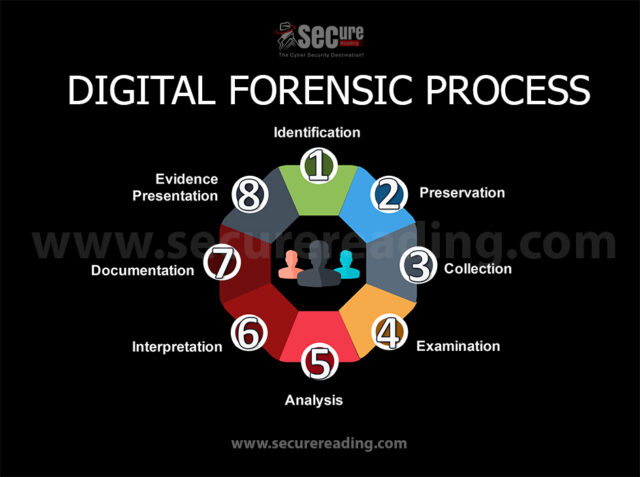Cybersecurity and Digital Forensics: Mastering the Digital Realm

About Course
In today’s increasingly interconnected world, cybersecurity and digital forensics are more critical than ever. “Cybersecurity and Digital Forensics: Mastering the Digital Realm” is a comprehensive course designed to equip students with the skills and knowledge necessary to navigate the complexities of cyber threats and protect digital assets. Through an engaging curriculum, students will learn to identify vulnerabilities, protect systems from cyberattacks, and effectively investigate cybercrimes using digital forensics techniques. Whether you’re interested in safeguarding an organization or solving digital mysteries, this course will provide you with practical expertise in these rapidly evolving fields. Prepare to dive deep into the world of advanced cyber threat detection, response strategies, and the intricate process of digital evidence analysis
Course Content
Module:1 Introduction
The Evolving Cyber Threat Landscape
00:00The Importance of Cybersecurity and Digital Forensics
00:00